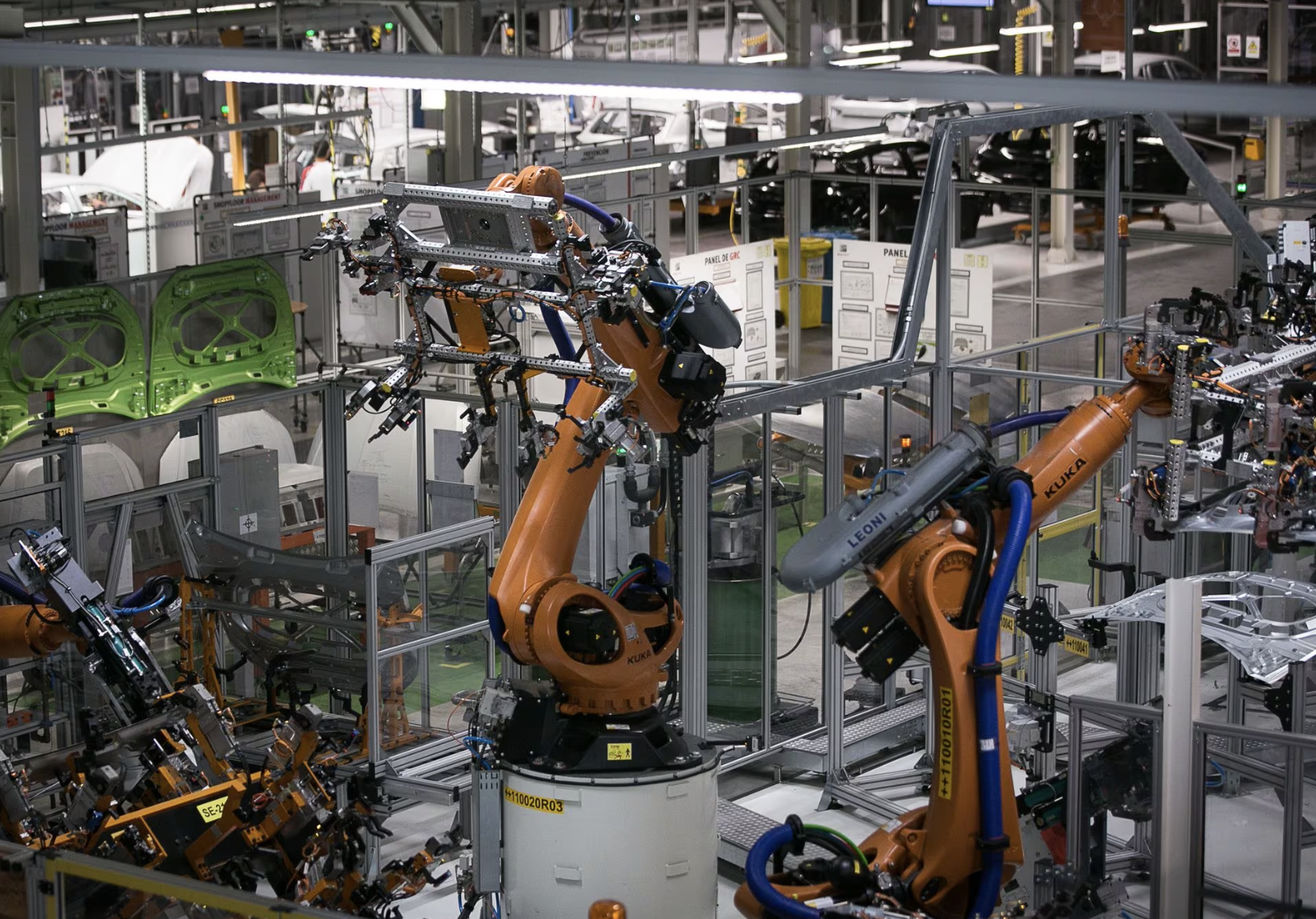In the echelons of financial intellect and economic analysis, few names are as respected as John
Mauldin. His prescience in economic trends has informed the strategies of many, including myself, a
proud member of his Alpha Society for over ten years. While Mauldin’s insights have provided invaluable
guidance, there’s an aspect of America’s future that may not have been fully captured in such forecasts:
the profound impact of the coming surge in productivity thanks to the integration of robotics and new
technological tools into our society.
The Oversight of the Technological Boom
Economic narratives often paint a picture of doom regarding the United States’ national debt and fiscal
policies. But this view may be overlooking a monumental factor: the potential for an unprecedented
increase in productivity. This isn’t just about incremental changes; we’re at the brink of an exponential
surge. With the advent of advanced robotics and AI, we’re not just stepping into a new chapter; we’re on
the verge of a new volume in the annals of American innovation and economic growth.
The power of automation and technology to redefine productivity cannot be overstated. Imagine robots
that can perform complex tasks with precision 24/7, AI systems that can predict market trends, software
that can do in seconds what once took hours. The multiplier effect on the economy could be the gamechanger needed to not only sustain but aggressively propel economic growth and address the debt concerns that loom over us.
America’s Privileged Position
Comparatively, the United States stands on a privileged platform on the global stage. It has the
infrastructure, the intellectual capital, and the innovative drive that many nations aspire to. Yet, there’s a
curious myopia among Americans about this advantageous position. The conversation should pivot from
one of managing decline to one of capitalizing on our competitive edge.
The question isn’t whether America has the tools to lead the next global technological revolution — it
surely does. The question is whether America recognizes the full scope of its potential to leverage these
tools.
Embracing the Competitive Advantage
The integration of robotics and advanced technology tools into the American workforce isn’t a distant
future’s promise — it’s an unfolding reality. What does this mean for the country? It means an economy
that could operate with a level of efficiency, precision, and output that has never been seen before.
And with this increased productivity, the long-standing issue of the national debt comes into a different
light. As productivity soars, the economy grows, and debts become more serviceable. The leverage that
technological advancement offers could significantly ease the fiscal burdens that are often considered
unsustainable.
A Call for Optimistic Realism
As an avid follower of John Mauldin, I’ve learned the value of balanced, data-driven optimism. And in
this, I see an opportunity for an optimistic realism about America’s economic future. It’s a perspective
that sees robots not as replacements for human workers, but as their amplifiers. It envisions a society
where technology frees humans from drudgery and elevates our capacity for innovation and creativity.
This is not just wishful thinking; it’s a very possible scenario based on the technological capabilities that
are already in motion. As members of the Alpha Society and as Americans, we must shift our discourse
from cautious pessimism to one that embraces the boundless possibilities of our time.
In conclusion, we stand at the precipice of a new age of American productivity. It’s an era that will not
only redefine what we produce but also reshape how we perceive our place in the world. As such, we
must align our collective vision with the transformational potential that lies in our hands. Let’s not
overlook the incredible chapter ahead; instead, let’s prepare to write it with the ingenuity and optimism
that have long been hallmarks of the American spirit.


